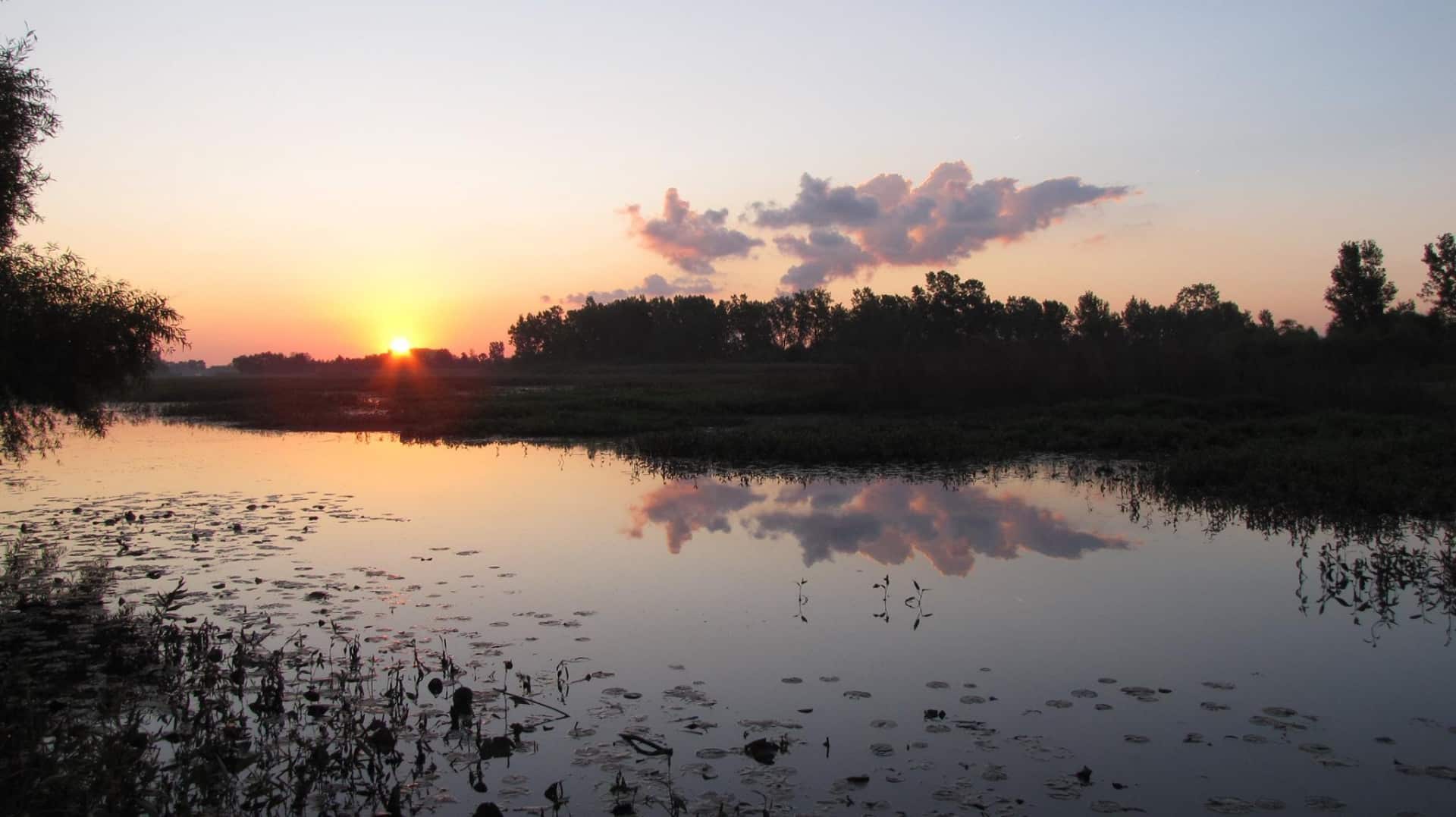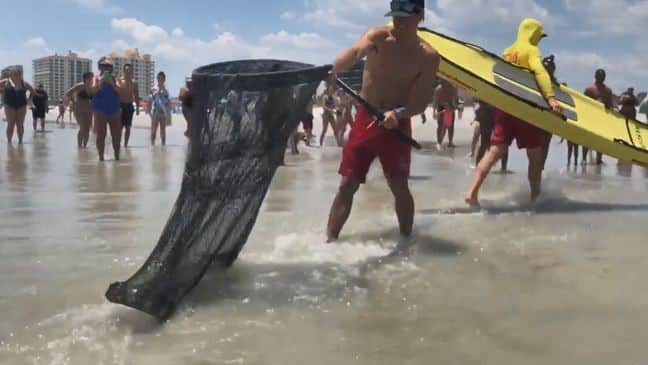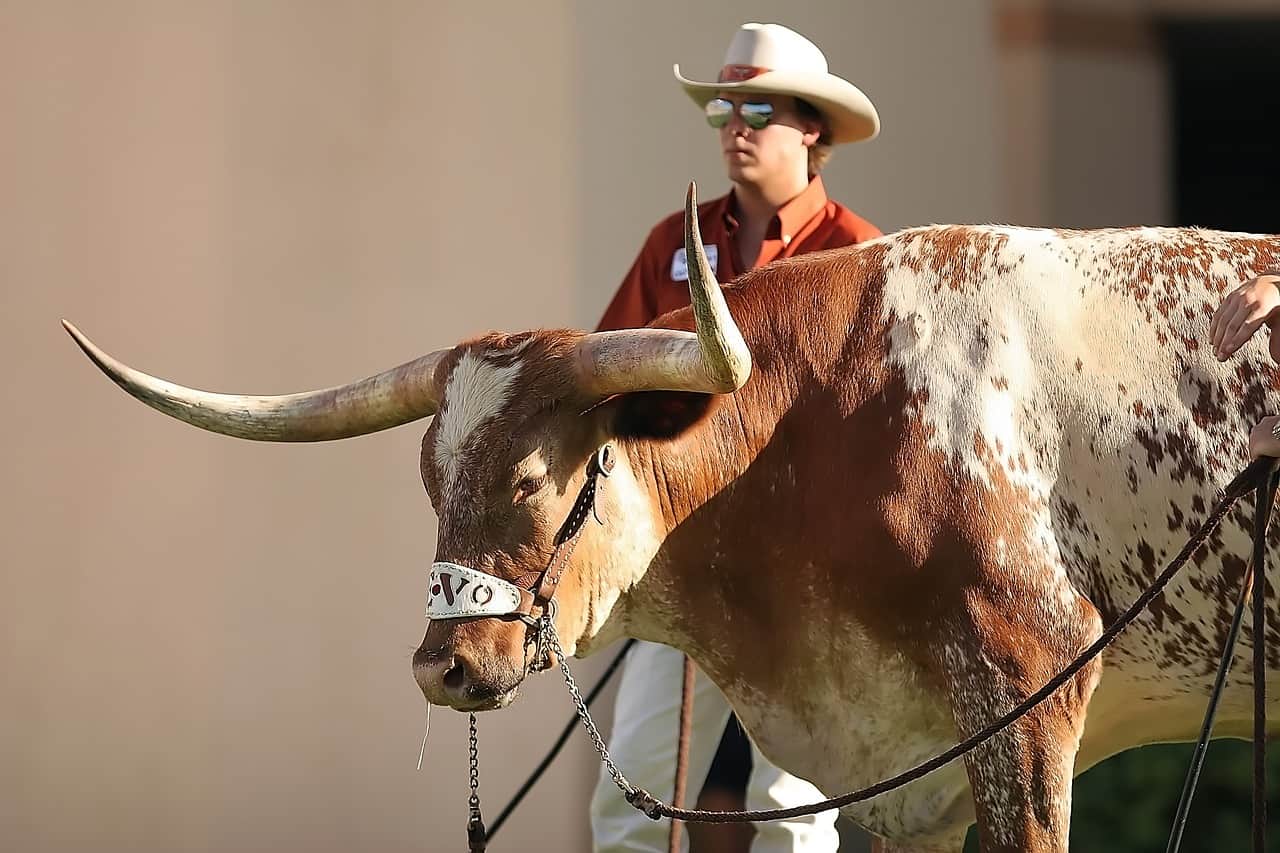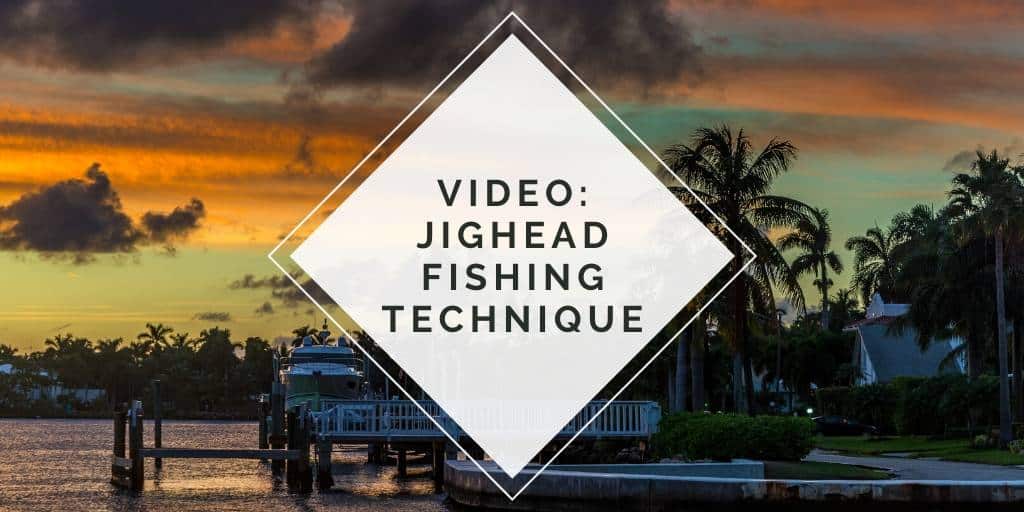
The plan affects 74 national wildlife refuges
The Trump administration announced they are planning to open up more federally protected land for hunting and fishing this past Wednesday.
This major expansion will affect 1.4 million acres on federal public lands, according to U.S. Interior Senator David Bernhardt. It would also allow hunting and fishing at 15 national fish hatcheries for the first time.
In addition, the department wants to revise hunting and fishing rules at refuges in all states so they more closely match state regulations.
“President Trump is committed to expanding public access on public lands, and this proposal is executing on that directive by opening and increasing more access to hunting and fishing by the Fish and Wildlife Service at more stations and across more acres than ever before,” Bernhardt said in a press release.
“It’s a dramatic statement about our commitment to access,” Bernhardt continued. “The goal is to get more people out.”
Bernhardt went on to say that a lack of access to hunting and fishing sites is one of the reasons people don’t begin those activities.
“Hunting and fishing are more than just traditional pastimes as they are also vital to the conservation of our lands and waters, our outdoor recreation economy, and our American way of life. These refuges and hatcheries provide incredible opportunities for sportsmen and women and their families across the country to pass on a fishing and hunting heritage to future generations and connect with wildlife.”
U.S. Fish and Wildlife has worked with state governments to make refuge-specific regulations for hunting and fishing more simple.
They will also seek comments from the public on these matters for 45 days in regards to their plan.
“Well managed hunting and fishing are the backbone of conservation in this country, but inconsistent or overly complex regulations can act as a disincentive,” said Fish and Wildlife Service Principal Deputy Director Margaret Everson. “By aligning our refuge regulations with our state partners, we are reducing confusion and the regulatory burden on the American public, helping ensure the tradition and benefits of hunting and fishing can continue.”







